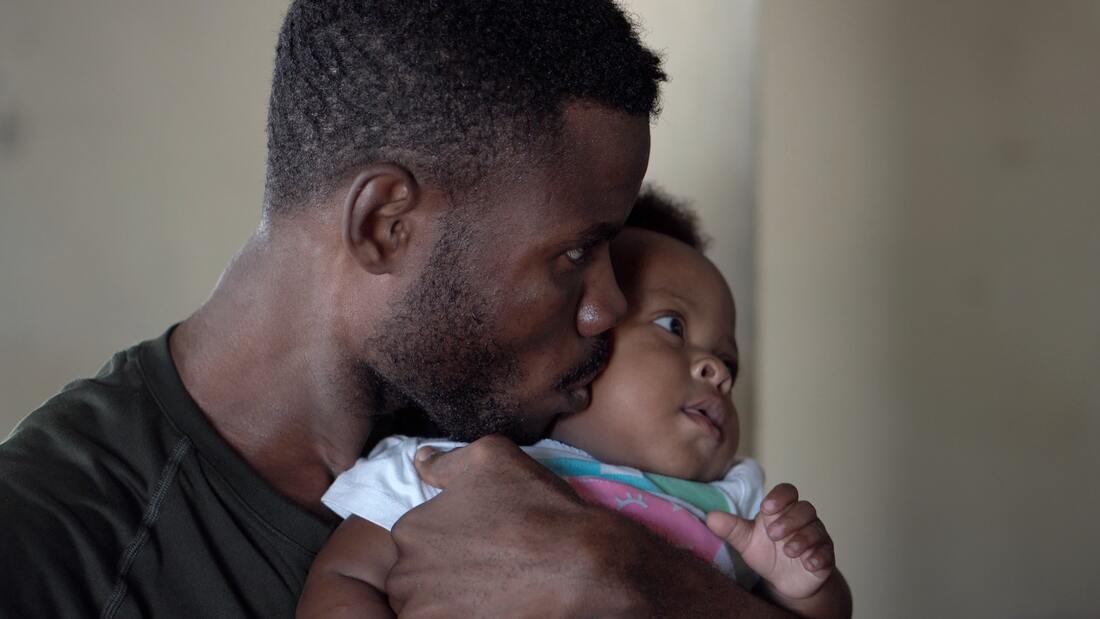 Image via Unsplash Image via Unsplash Resilience is the ability to overcome difficulties and adapt to changes in life. For example, many Black kids and their families may have experienced difficulties related to COVID-19 but they have been able to maintain their emotional and psychological health despite these difficulties. Several different types of resilience have been described including psychological, emotional, and community. Black History Month and Resilience Black History Month is an important moment to celebrate the legacy and contributions of Black people to society. Some scholars [1] have described how Black history knowledge (BHK) helps “foster psychological liberation - healthy functioning characterized by a conceptual shift from a narrative rooted only in oppression to a narrative that acknowledges the strengths, accomplishments, and creativity of Black people throughout their history”. Furthermore, BHK can provide Black youth with knowledge of the historical experiences of Black people in America to provide them with a healthier identity and it can help promote resilience [1]. 6 Ways to Build Resilience in Black Youth Although being resilient doesn’t prevent children and teens from experiencing emotional difficulties in the face of negative life events. Research demonstrates that resilience helps to reduce risk and promote healthy development. Below are a few tips from the American Psychological Association.
Written by Erlanger “Earl” Turner, Ph.D. Source: [1] Chapman-Hilliard, C., & Adams-Bass, V. (2016). A conceptual framework for utilizing Black history knowledge as a path to psychological liberation for Black youth. Journal of Black Psychology, 42(6), 479-507. Note: This blog was previously published for Psychology Today  Black parents and grandparents are especially vulnerable to the psychological stress associated with daily events that affect their lives [1]. According to some research [1], “assuming these responsibilities in a household where only one parent is present and being the head of the household can be stressful”. Given the potential stress, it is important that Black parents take care of themselves. In this tool kit from the American Psychological Association, tips are offered on racial stress and self-care. What is Parenting Stress? Parenting stress has been defined as a negative psychological response due to being a parent or caring for a child as a result of everyday events such as feeding, bathing, or managing behavior problems [2]. Parenting stress may be experienced by all parents, but research has shown that parenting stress can be more severe for parents of children who display difficult and challenging behaviors like hyperactivity, temper tantrums, non-compliance, or conduct problems. Coping with Parenting Stress In a previous blog for Psychology Today, 4 tips for managing parenting stress were discussed: 1. Seek professional help If you find yourself feeling overwhelmed, seek professional help from a psychologist or licensed mental health professional. Psychologists can be helpful to provide strategies to help you cope with life’s challenges. Additionally, they may be able to provide you with resources to help improve your child’s functioning and decrease problem behaviors that may increase parenting stress. 2. Increase quality time with family Find ways to do enjoyable activities with you and your family. By spending more quality time together, it improves the parent-child relationship. Furthermore, it is not helpful to overly focus on everything that is not going well in your child’s life. Even though it may be difficult to incorporate extracurricular activities into the family’s schedule, consider being creative by having a family game night or engage in other activities that your child enjoys. 3. Make time for yourself Many parents of children with special needs or mental health conditions have a hard time taking a break. This may be partly due to the time required to care for your child. However, many also feel they need permission to have some alone time. It is okay to take a break for yourself. It’s actually healthy and more beneficial for you and your child to have some time apart. 4. Use your support systems It is extremely important to make use of your support systems. Having social support is very helpful to decreasing parenting stress. For example, if extended family is available ask them to provide child care for a few hours during the week so you can engage in self-care. Support systems may also be helpful to provide an avenue for you to talk with others about how they cope with being a parent. It is always good to hear how others have addressed a problem or find that you are not alone. Written by Erlanger “Earl” Turner, Ph.D. Sources: [1] Taylor, J. Y., Washington, O. G., Artinian, N. T., & Lichtenberg, P. (2007). Parental stress among African American parents and grandparents. Issues in Mental Health Nursing, 28(4), 373-387. [2] Barroso, N. E., Mendez, L., Graziano, P. A., & Bagner, D. M. (2018). Parenting stress through the lens of different clinical groups: A systematic review & meta-analysis. Journal of Abnormal Child Psychology, 46(3), 449-461. |
This blog is maintained by Therapy for Black Kids. Archives
June 2023
Categories
All
|
 RSS Feed
RSS Feed